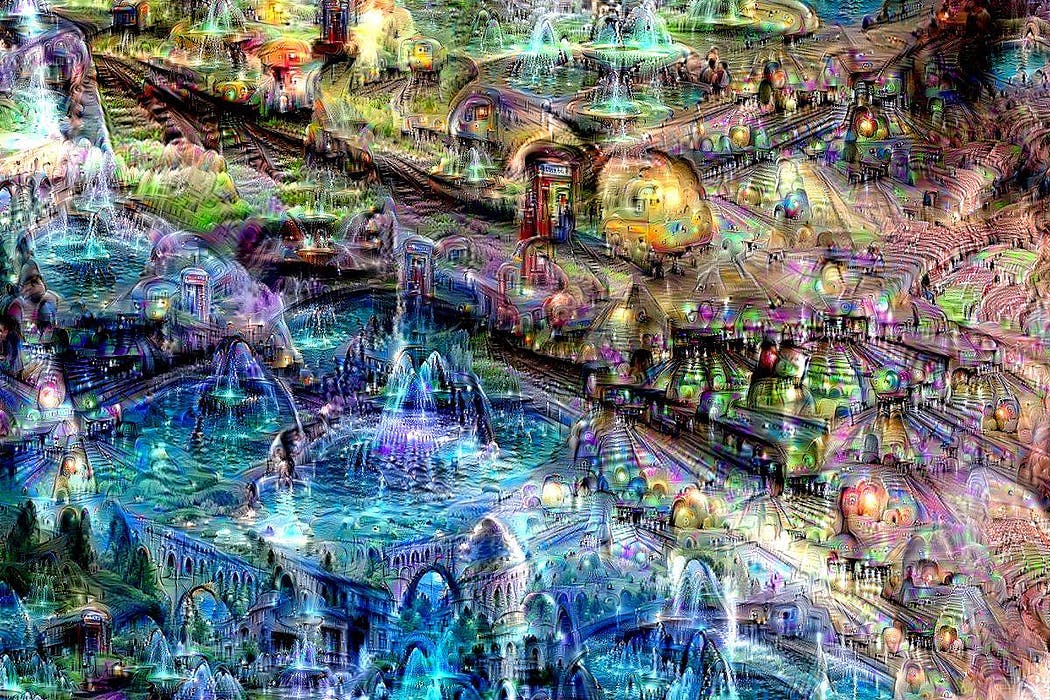812 reads
But Is It Art?—AI and the Algorithms vs. Artists Debate
by
February 4th, 2020

Biomedical Engineer and amateur A.I and cybersecurity enthusiast. Passionate about writing and Football
About Author
Biomedical Engineer and amateur A.I and cybersecurity enthusiast. Passionate about writing and Football
